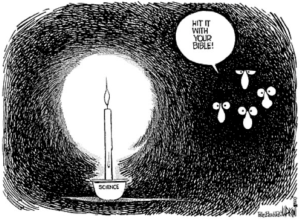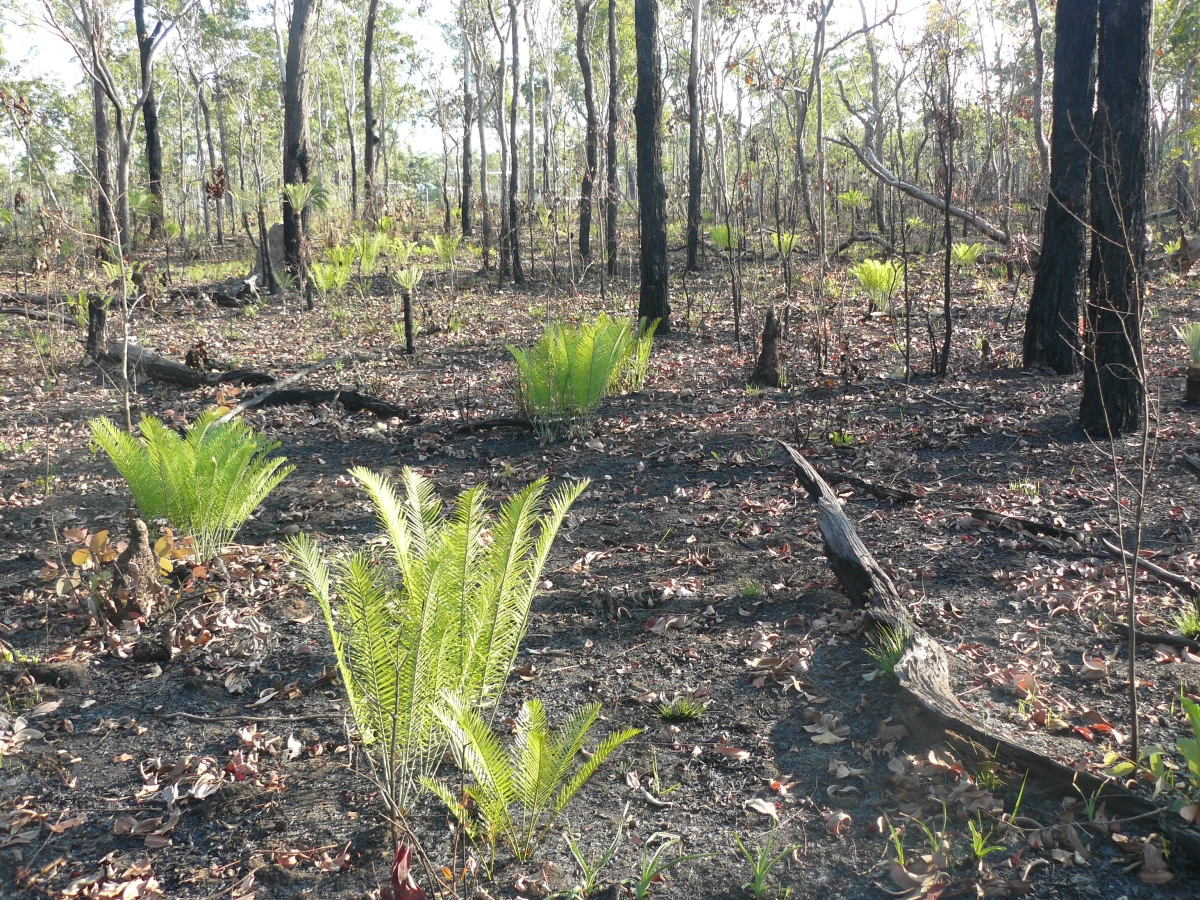“Man and the environment are meant for each other” — Tony Abbott, former Prime Minister of Australia (2014)
“I know the human being and the fish can co-exist peacefully” — George W. Bush, former President of the USA (2000)
—
It. Has. Finally. Been. Published.
Yes, my new book with Paul Ehrlich, published by University of Chicago Press, is now available to purchase in book shops and online distributors around the world. The blog post today is a little explanatory synopsis of why we wrote the book and what it contains, but of course the real ‘meat’ is in the book. I hope you enjoy it.
In Australia, you can purchase the hard copy through Footprint Books, and the Kindle version at Amazon Australia. I also suggest that Australians might find the best deals through Booko. Electronic versions are also available through Kobo and Google Play. In the US you can order directly from University of Chicago Press, Amazon, Barnes & Noble, and many other book sellers. In the UK and Europe, the book is available from your country’s Amazon distributor. I imagine many chain and independent book sellers will be carrying the book by now, or will be soon.
My deepest thanks to all those who made it possible.
—
Our chance meeting in 2009 at Stanford University turned out to be auspicious, not least of which because of the publication this week of our co-authored book, Killing the Koala and Poisoning the Prairie. Australia, America and the Environment by University of Chicago Press. As a mid-career ecologist (Bradshaw) based at the University of Adelaide, it was indeed an honour to meet one of the most famous scientists (Ehrlich) in my field. With a list of books and hundreds of scientific papers under his belt, Ehrlich has been tackling major environmental issues since the 1960s. Ehrlich also has a long-time interest in Australia, having visited nearly every year during the last four decades and experienced more of the country than most Australians. Together we have observed firsthand the similarities and differences of Australia and the US, and the eyes we see through are trained as those of environmental scientists and evolutionary biologists.
So why write a book about the environmental tragedies currently unfolding in two completely different countries at opposite ends of the Earth? As it turns out, Australia and the US have much more in common environmentally than one might think, and not necessarily in a good way. Despite our vastly different floras and faunas, population densities, histories of human colonisation and soil productivities, there is an almost spooky similarity in the environmental and political problems both our countries are now experiencing. As such, we have a lot to learn about avoiding each other’s mistakes.
Ausmerica
Australia and the contiguous US are roughly equivalent in land area, both cultures are derived originally and principally from what is now the United Kingdom, and both are examples of super-consuming, super-wasting, wealthy, literate countries. Both countries also have environmental footprints that exceed most other countries on Earth, with some of the world’s highest per capita rates of greenhouse-gas emissions, water consumption, species extinctions and deforestation.
Our new book highlights the history of rapid and continent-wide environmental degradation in both countries starting with the arrival of humans and continuing to this day. We inventory the cumulative ecological damage in both countries, and weave a sad story of rapid colonisation by Europeans resulting in species extinctions, massive deforestation and industrial toxification. A groggy awakening of environmentalism followed eventually in the mid-20th Century, first in the US and later in Australia with the rise of the Green movement in Tasmania. Today both countries’ precarious environmental foundations are being further eroded with the rise of anti-science and anti-environment plutocracies and theocracies now gaining political power. How can you ensure a resilient life-support system in nations where the almighty dollar can buy government policies for the benefit of a few super-wealthy individuals, or where environmental calamities are ‘managed’ through the medium of prayer?
In some ways, the timing of the book’s publication was both regrettable and fortuitous; after a lengthy discussion on the policy deficiencies of the Abbott government, the principal culprit was ousted as Prime Minister less than one month before publication. Despite the change of figurehead, however, Australia’s current legacy of environmentally destructive policies persists: continued expansion of its coal industry, an ineffective climate change-mitigation policy, neglect of its oceans, impotent conservation of threatened species, and little capacity to rein in forest clearance. Our book is therefore as pertinent as ever. The looming US Presidential election also makes our treatise of the American war on the environment all the more relevant.
The gloves come off
We are two scientists who are sufficient furious at the state of our global environment and society to forget about political correctness. We are willing, even eager, to attempt to recruit you into the growing mass of people who are determined to divert society from its “business as usual” path toward disaster manifested already by morbid coral reefs, climate disruption, extinctions, tree die-offs, industrial toxification, loss of pollinators, and declining fish stocks. We are disgusted with the way politicians and the press ignore the realities that civilisation is sliding toward irreversible environmental damage, and that universities are not providing any leadership to change our course because of chronic underfunding, a reticence to embrace true inter-disciplinarity to solve society’s complex problems, and a lack of environmental training across all disciplines. We are tired of the erosion of public education in both nations, especially in science, technology and sustainable agriculture, overlooked or encouraged by politicians who would never be elected by a public that had a basic understanding of environmental science.
The deep historical, cultural, economic and military ties between our two countries should not be ignored, whether or not they are understood or appreciated by most of their citizens. Many Australians still aspire to emulate the successes of the US, in politics, foreign policy, industry, business, technology, and academia, but fail to learn from the colossal mistakes that the US has made in each one of these areas, such as their extreme political polarisation, weakening of environmental protection laws, downgrading family planning, and the devastation of industrial-scale mega-agriculture. Americans, on the other hand, would do well to adopt some of the great Australian approaches to managing society, such as compulsory voting, better salary-scaled taxation and a more equitable distribution of wealth. But none of this is possible without the continued functioning of both countries’ life-support systems — their natural environments.
For too long Australians and Americans have been biting the hand that feeds their great successes, so it is high time that we make some sweeping changes to our societies to fix the damage already done, and to avoid the ensuing catastrophes that are increasingly imminent. Australia and America are great nations, but we are both highly susceptible to our own greed and stupidity. Let’s change that.
Killing the Koala and Poisoning the Prairie can be purchased online and in bookshops in Australia and overseas this week.
P.S. See reviews in New Scientist and ABC Radio National’s The Science Show.






[…] history of the Australian environmental movement, about which I’ve written in my recent book Killing the Koala and Poisoning the Prairie with Paul Ehrlich. I’ll quote a relevant snippet that contextualises Wilkin’s […]
LikeLiked by 1 person
[…] has an appalling environmental record — hell, I have even written an entire book on our sorry state of environmental affairs. Of course, environmental damage is a slow accumulation of bad political decisions, neglect, […]
LikeLiked by 1 person
[…] about studying extinct systems for the simple reason that there are no political repercussions. No self-serving, plutotheocratic politician can bugger up these systems any more. That’s a refreshing change from the doom and gloom of […]
LikeLike
[…] in how we grow our food, produce our energy, manage our population growth, elect our leaders, educate our children and run our […]
LikeLiked by 1 person
Hi Cory, have just finished the book. Very readable and hard to put down. I read a lot of this stuff (Klein, Flannery, Kolbert, etc) but your book covers all the issues and of course PE is a force of nature himself. I have just ordered 5 copies to give away. Now for the criticism! No index. I’ll have to make my own. Kind regards,
Graeme McLeay
LikeLiked by 1 person
Hi Graeme – thanks for the positive feedback. I’m thrilled you enjoyed it so much. Yes, the index was an issue we discussed at length and are sad we didn’t end up doing one (publisher didn’t want to).
LikeLiked by 1 person
Hi Corey
Thanks for your blogs. I always read them with interest. One thing though – perhaps an issue others have mentioned – the webpage version always crashes Internet Explorer on my computer.
Cheers
Euan
Euan Kennedy PhD
National Advisor for Island Biosecurity
Technical Advisor (Threats) Mātanga Mātai Mōrearea
Science and Policy
Department of Conservation Te Papa Atawhai
72 Moorhouse Avenue
Christchurch 8011
Private Bag 4715
Christchurch Mail Centre
Christchurch 8140
New Zealand
DDI: +64 3 3713718
MOB: 027 839 5367
VPN: 5418
http://www.doc.govt.nz
Remember to report a suspect pest or disease to 0800 80 99 66
(MPI’s Exotic Pest and Disease Hotline)
LikeLiked by 1 person
Thanks, Euan. First time I’ve had that reported. I didn’t even know that IE still existed! Best to try Chrome or Firefox then.
LikeLiked by 1 person